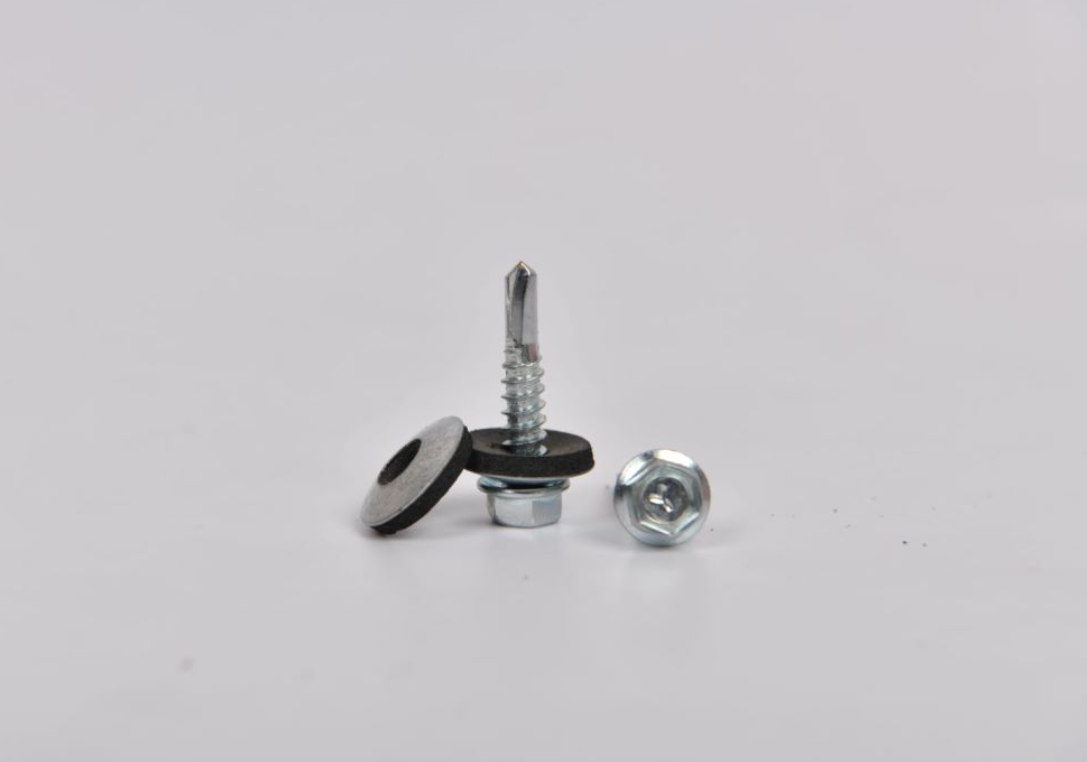Common Sizes for Drywall Screws Explained in Detail for Your Next Project
Understanding Famous Typical Drywall Screw Sizes
When it comes to home construction and renovation, one of the most common materials used is drywall, also known as gypsum board or wallboard. Installing drywall requires various tools and fasteners, with screws being the most prevalent option. However, not all drywall screws are created equal; they come in different sizes and types to suit specific applications. In this article, we will explore the typical drywall screw sizes and their suitability for various drywall projects.
What are Drywall Screws?
Drywall screws are specialized fasteners designed primarily for attaching drywall to wooden or metal studs. These screws have a sharp point that enables them to penetrate drywall and framing materials easily. Their threads are designed to provide better grip and minimize the chance of stripping, which is particularly important when securing drywall sheets.
Common Sizes of Drywall Screws
Drywall screws typically come in lengths ranging from 1 inch to 3 inches, with the most common sizes being 1 1/4 inch, 1 5/8 inch, and 2 inch. The length of the screw you choose will depend on the thickness of the drywall being installed and the framing material.
1. 1 1/4 Inch Screws These are perfect for attaching 1/2-inch drywall to wood or metal studs. They provide sufficient penetration without extending too far into the stud, reducing the risk of splitting the wood or damaging metal framing.
2. 1 5/8 Inch Screws Often used for standard 1/2-inch drywall, these screws work well when additional holding power is required. If you are using thicker drywall, such as 5/8-inch board for ceilings, 1 5/8-inch screws are also a suitable choice since they can penetrate the thicker material and provide secure attachment.
famous typical drywall screw size

3. 2 Inch Screws Ideal for thicker drywall applications, such as using 5/8-inch drywall on walls or ceilings. The extra length ensures that the screw penetrates deep enough into the studs for optimal holding power. These screws are also useful for securing multiple layers of drywall.
Types of Drywall Screws
Drywall screws are generally categorized into two main types based on their material coated and uncoated. Coated screws, typically made from steel and coated with a rust-resistant finish, are preferred for areas prone to moisture. Uncoated screws tend to be less expensive and are suitable for interior, dry environments.
Additionally, drywall screws can be classified based on their thread design. Coarse-thread screws are designed for wooden studs, while fine-thread screws are best suited for metal studs. Using the appropriate type of screw ensures a better grip and reduces the likelihood of screw strip-out during installation.
Conclusion
Understanding drywall screw sizes and their appropriate applications is essential for any DIY enthusiast or professional contractor. Whether you're hanging new drywall for a home renovation project or building a commercial space, choosing the right screw size and type can make a significant difference in the quality and durability of your installation.
Always consider the thickness of your drywall and the framing material to select the proper screw size. By using the right screws, not only do you ensure a sturdy installation, but you also make the finishing process smoother, as the screws will sit flush with the drywall surface.
In your next drywall project, remember that investing a little time in understanding typical drywall screw sizes will pay off in achieving a professional finish and a long-lasting structure.
-
Top Choices for Plasterboard FixingNewsDec.26,2024
-
The Versatility of Specialty WashersNewsDec.26,2024
-
Secure Your ProjectsNewsDec.26,2024
-
Essential Screws for Chipboard Flooring ProjectsNewsDec.26,2024
-
Choosing the Right Drywall ScrewsNewsDec.26,2024
-
Black Phosphate Screws for Superior PerformanceNewsDec.26,2024
-
The Versatile Choice of Nylon Flat Washers for Your NeedsNewsDec.18,2024










